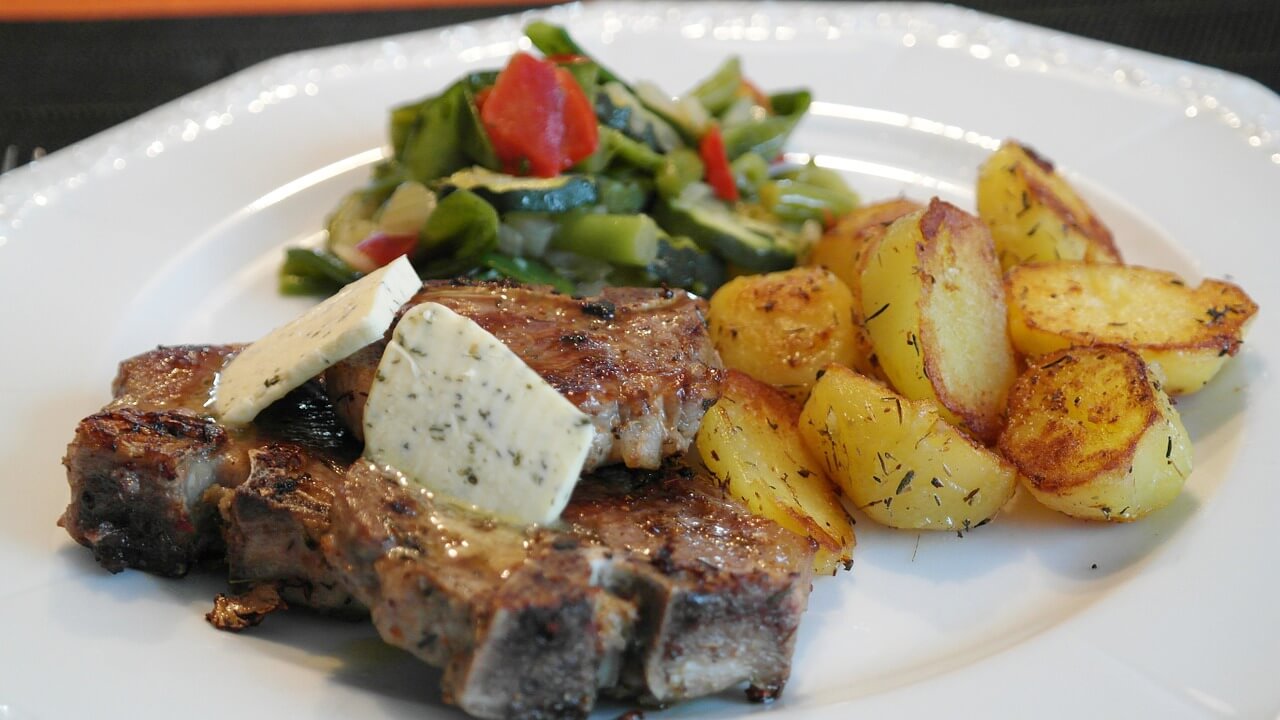Scientists developed a strain of Salmonella that fights aggressive brain cancers which produced a remarkable 20% rate of tumor remission in a rat model, where there are normally no survivors. The bacteria were genetically equipped with a sophisticated tumor-homing mechanism along with cancer fighting weapons, causing the tumors to effectively self-destruct.
Glioblastoma multiforme (GBM) is the most aggressive form of brain cancer that in roughly 90% of cases results in death, with few patients surviving more than a year after diagnosis. It´s incredibly difficult to treat as it spans over many different cell types and because the blood-brain-barrier prevents most drugs from reaching it. Surgery is similarly very ineffective, as even single tumor cells left behind can spawn reoccurring tumors.
Now a team of biomedical engineers at Duke University genetically modified a detoxified bacterial strain of Salmonella, a common human food pathogen, to make it fight GBM. The exciting part though, is exactly how they did it. Hold on to your lab coats, this is about to get crazy.
The bacteria were stripped of a gene for purine production, forcing them to seek external sources of the essential compound. Brain tumors turn out to be excellent at producing those, attracting the bacteria like magnets. The smart-bugs were further designed to produce extremely effective tumor-suppressive proteins Azurin and p53 (known as “the guardian of the genome“), but only in low-oxygen environments. As tumors divide rapidly oxygen around them is scarce, causing the bacteria to selectively bombard the rouge cells and forcing them to self-destruct. As a cherry on top, this makes the bacteria effectively eliminate their vital food source, causing them to die off once the tumor is removed. Talking about creative problem solving!
“Designing bacteria to actively move and seek out these distributed tumors, and express their anti-tumor proteins only in hypoxic, purine rich tumor regions is exciting” said study mentor Ravi Bellamkonda.
So far the cancer-fighting microbes were only tested in rats where they already produced a remarkable 20% survival rate over 100 days – a human equivalent to 10 years. The tumors also underwent complete remission.
“Since glioblastoma is so aggressive and difficult to treat, any change in the median survival rate is a big deal. And since few survive a glioblastoma diagnosis indefinitely, a 20 percent effective cure rate is phenomenal and very encouraging ” said study co-author Johnathan Lyon.
Learn more about the breakthrough in the video bellow:
By Luka Zupančič, MSc, University of Applied Sciences Technikum Vienna











